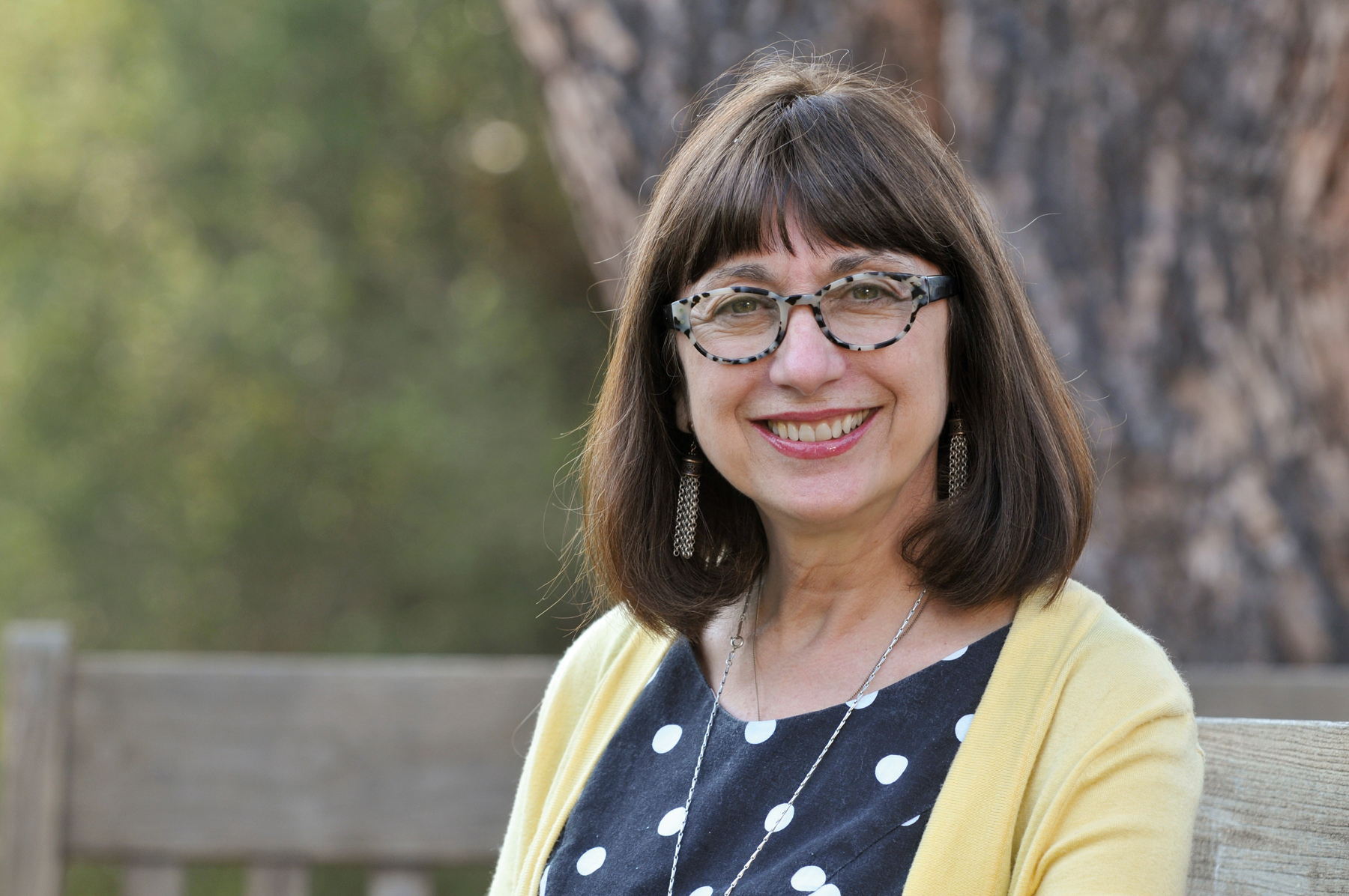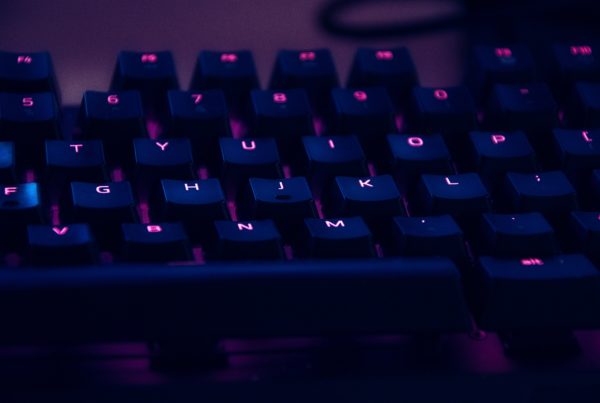By Joanie Harmon
Op-ed for The Guardian states need for balance between the printed word and digital media.
August 27, 2020
Maryanne Wolf, director of the Center for Dyslexia, Diverse Learners and Social Justice at UCLA, has published an op-ed in The Guardian on the impact on children’s brains from reading on digital devices. The author of “Reader, Come Home: The Reading Brain in a Digital World,” she states the importance of developing a biliterate brain – adapted to reading both digital and print – in order to navigate the new normal of remote schooling.
“The process of learning to read changes our brain, but so does what we read, how we read and on what we read (print, e-reader, phone, laptop),” writes Wolf. “This is especially important in our new reality, when many people are tethered to multiple screens at any given moment.”
Wolf notes that skimming diminishes the process of deep reading, and cites the digital culture as continually putting attention spans at risk with constant distractions.
“Deep reading is our species’ bridge to insight and novel thought,” Wolf writes in The Guardian. “These processes include connecting background knowledge to new information, making analogies, drawing inferences, examining truth value, passing over into the perspectives of others (expanding empathy and knowledge), and integrating everything into critical analysis.
“By contrast, when we skim, we literally, physiologically, don’t have time to think. Or feel,” she states.
Wolf writes that research has shown declines in student comprehension when reading solely on screens, despite the illusion of speed over understanding.
“The digital elephant in every classroom and home is whether our youth will develop full literacy, if learning largely on skim-encouraging screens,” Wolf says. “More than 80% of college educators see a ‘shallowing’ effect by screens on their students’ reading comprehension, according to forthcoming research by Naomi Baron. Tami Katzir and Mirit Barzillai found similar perceptions and results in Israeli fifth and sixth graders. Even three-year-olds appear less able to deal with more abstract material when listening to stories on screens versus books.”
In her op-ed, Wolf delineates the challenge to use both digital and print mediums to their advantage, without shortchanging young readers. Describing her current work with the Haskins Global Literacy Hub at Yale, which provides parents and educators with free, high-quality materials to build childrens’ reading skills, she says that systematic, evidence-based approaches are needed to develop foundational reading. Wolf also calls for balance in digestion of both the printed word and digital media.
“As a society we must ensure that there are always books next to our children’s digital devices,” she writes. “Whether the books are new or old, owned or borrowed from the library, doesn’t matter. What matters is that they are there, and that children are encouraged to read them. Furthermore, books – not digital devices – should be the only reading option in children’s bedrooms.
“Books are the places where we can suspend reality and instead explore our imagination’s more tolerable, more beautiful promise of possibility. We can do this.”
To read, “Screen-based online learning will change kids’ brains. Are we ready for that?” by Maryanne Wolf, visit The Guardian website.
Photo by Ron Searcey



